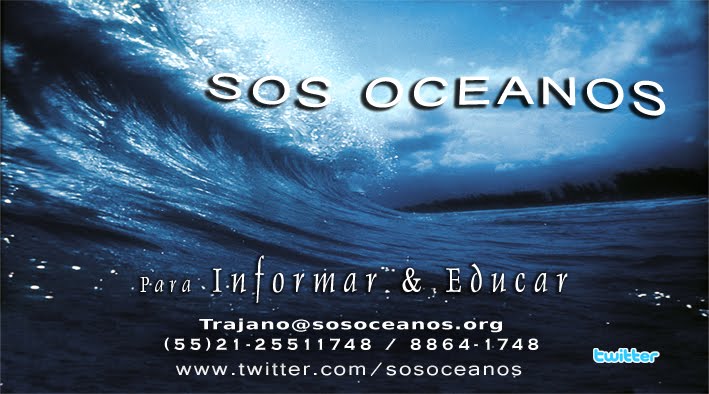| | Ocean acidification: one less thing to worry about |
According to a 2009 statement by Britain's Royal Society, co-signed by Dr. James Hansen, of NASA's Goddard Center, and Dr. Mark Spalding of The Nature Conservancy:
"Temperature‐induced mass coral bleaching causing widespread mortality on the Great Barrier Reef and many other reefs of the world started when atmospheric CO2 exceeded 320ppm.
"At today's level of ~ 387ppm CO2, reefs are seriously declining and time‐lagged effects will result in their continued demise with parallel impacts on other marine and coastal ecosystems...
"Proposals to limit CO2 levels to 450ppm will not prevent the catastrophic loss of coral reefs from the combined effects of global warming and ocean acidification. To ensure the long‐term viability of coral reefs the atmospheric CO2 level must be reduced significantly below 350ppm."
Read more of this post
 | WordPress.com | Thanks for flying with WordPress! Manage Subscriptions | Unsubscribe | Reach out to your own subscribers with WordPress.com. |

